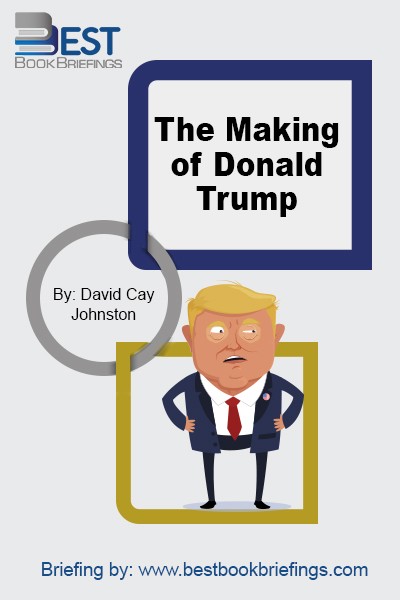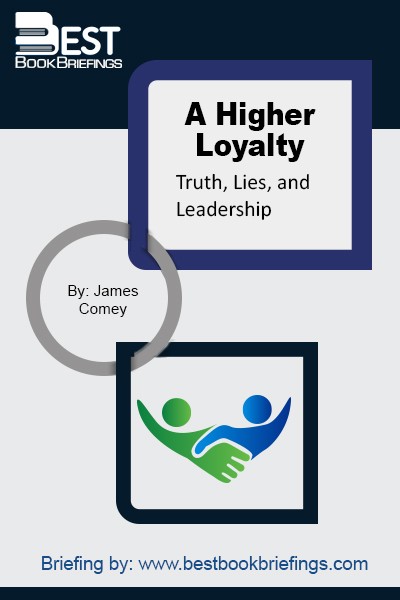Fire and Fury
Inside the Trump White House
Number of pages: 336
Publisher: Henry Holt and Co.
BBB Library: Politics and Public Affairs
ISBN: 978-1250158062
Editorial Review
With extraordinary access to the Trump White House, Michael Wolff tells the inside story of the most controversial presidency of our time. The first nine months of Donald Trump’s term were stormy, outrageous—and absolutely mesmerizing. Now Wolff tells the riveting story of how Trump launched a tenure as volatile and fiery as the man himself.
Book Reviews
Books on Related Topics

During election campaigns myths about the candidates are formed to polish their image before the voters. Like all campaigns, the Trump campaign has formed a polished image of him in an exceptional skill and determination. In this book, we try to unveil the real story of Trump as the journalist David

During the last few years, chaos has erupted in many places around the world. And that created so many challenges for the governments and public organizations. They tried to overcome these challenges by making budget cuts or asking their employees to give more and increase their productivity, but these short-term solutions

In a thrilling dramatic narrative, Pulitzer Prize-winning reporter Joby Warrick traces how the strain of militant Islam behind ISIS first arose in a remote Jordanian prison and spread with the unwitting aid of two American presidents. Drawing on unique high-level access to CIA and Jordanian sources, Warrick weaves gripping, moment-by-moment operational

Bob Woodward reveals in this book the details of the political life of President Donald Trump in the White House and shows precisely how he makes decisions on major foreign and domestic policies. Woodward was able to give a full image on that by conducting interviews with important sources, meeting notes,

The United States has repeatedly asserted its right to intervene militarily against failed states around the globe. In this much-anticipated follow-up to his international bestseller Hegemony or Survival, Noam Chomsky turns the tables, showing how the United States itself shares features with other failed states-suffering from a severe democratic deficit, eschewing

The world is blowing up. Every day a new blaze seems to ignite: the bloody implosion of Iraq and Syria, the East-West standoff in Ukraine; abducted schoolgirls in northern Nigeria. Is there some thread tying these frightening international security crises together? In a riveting account that weaves history with fast-moving reportage

When Donald Trump fired FBI director James Comey on May 9, 2017, it ignited a political firestorm. The man at the center of that storm has kept silent—until now. James Comey writes for the first time about his role in the historic 2016 election and its aftermath. In A Higher Loyalty,



